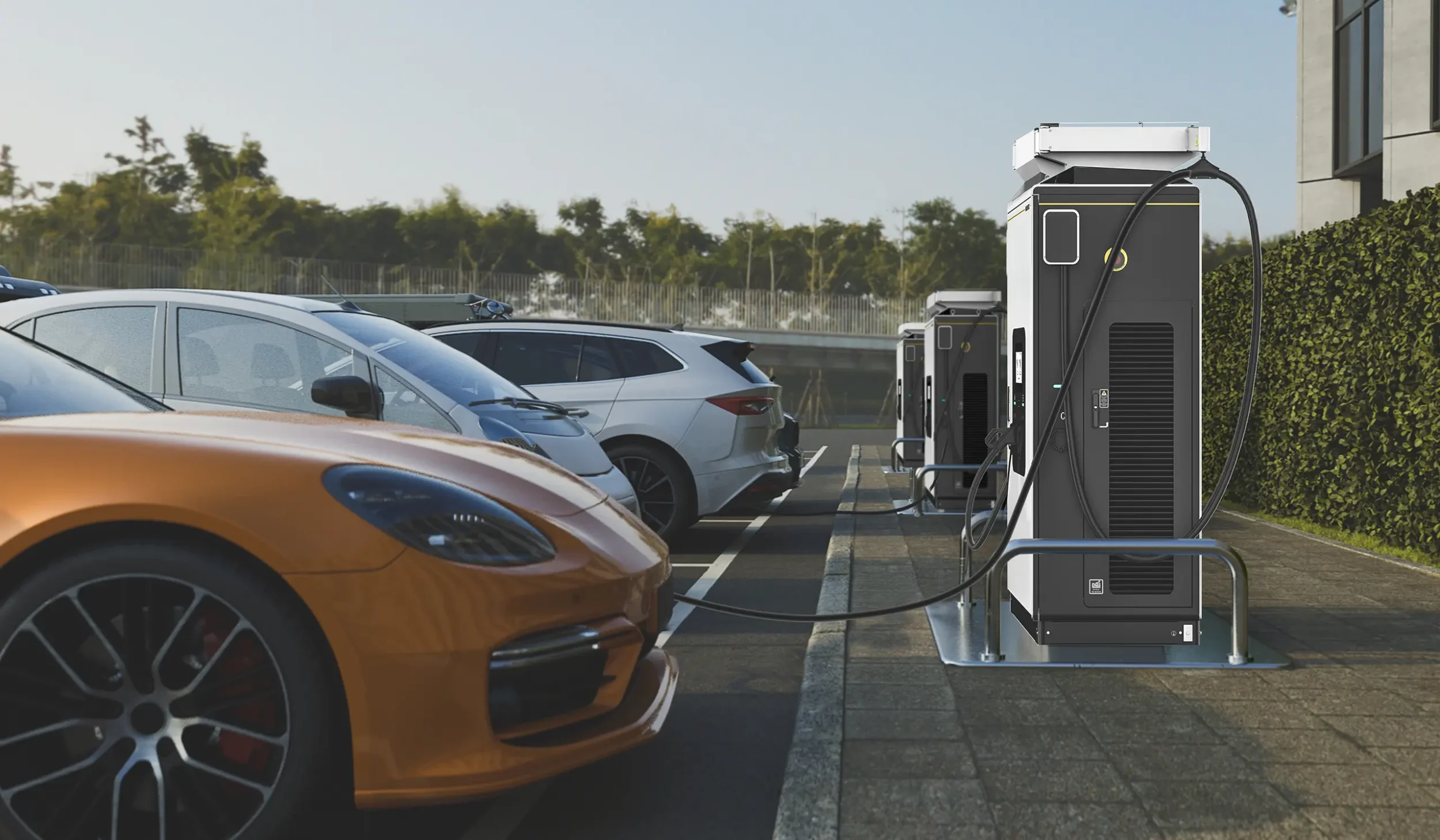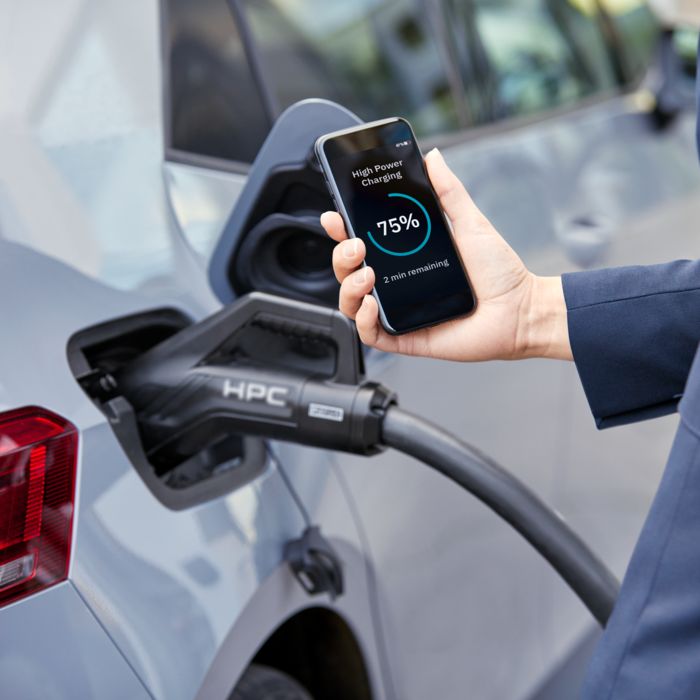The EV world is full of evolving tech, bold claims, and, of course, plenty of myths. One of the more persistent ones? That fast charging damages your EV’s battery.
The Myth: Fast Charging = Faster Battery Degradation
For years, the belief has been that frequent DC fast charging wears out your EV battery quicker, eventually leading to expensive replacements. Understandable concern, especially for those relying on public charging.
Several studies analyzed data from over 10,000 electric vehicles, tell a different story.



